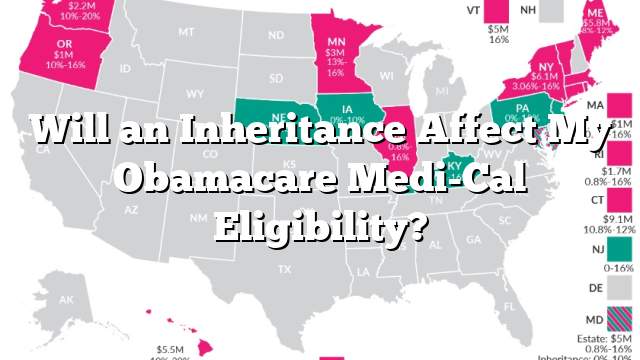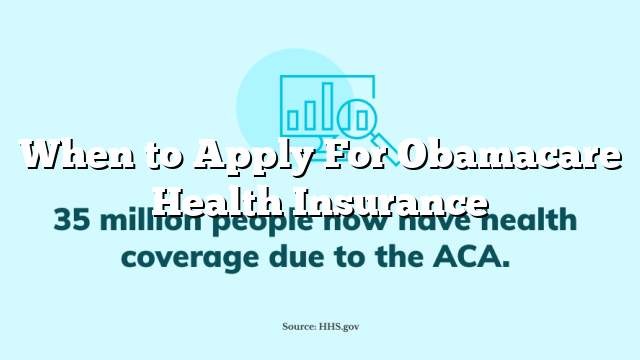

President Obama signed the Affordable Care Act, or Obamacare, into law in 2010. It expanded Medicaid eligibility and created health insurance exchanges where people could purchase private plans.
The Affordable Care Act (ACA) has resulted in a decrease in Kansas’ uninsured rate and made it simpler for individuals to obtain medical coverage. Unfortunately, some people are now paying more due to this law’s effects.
What is obamacare?
In 2010, President Obama signed the Affordable Care Act (ACA) into law, making healthcare more accessible by making it easier to purchase health insurance and providing coverage to millions of Americans who previously weren’t insured.
The Affordable Care Act (ACA) sets limits on pre-existing condition exclusions and waiting periods, provides preventive care at no cost, and holds insurance companies accountable when rates rise. Furthermore, it offers subsidies to help low-income families afford health insurance coverage.
One of the major changes brought about by the Affordable Care Act (ACA) was its requirement that all individual market plans must meet essential health benefits standards. Unfortunately, there remain a few plans on the market which use medical underwriting to determine eligibility for coverage.
In 2019, Kansas passed legislation allowing Farm Bureau to offer non-ACA compliant medically underwritten plans – commonly referred to as farmer’s cooperative health plans.
How does obamacare affect me?
The Affordable Care Act safeguards you by making it illegal for health insurance companies to deny coverage or charge more based on pre-existing conditions, and requires plans to cover preventive care. Furthermore, it offers subsidies for people who earn too much money to purchase affordable coverage on their own and encourages medical care delivery that reduces costs.
Kansas and nationwide saw a 28.4% reduction in uninsured people between 2013 and 2016, thanks to the Affordable Care Act. But if repealed, 29.8 million Americans would lose their health coverage as well as 1.2 million jobs, according to Kaiser Family Foundation estimates.
Individual market subscribers to Obamacare will see that their monthly premiums are higher than before the law took effect, but they are still eligible for cost-sharing reductions to reduce out-of-pocket expenses. Furthermore, those unable to purchase private coverage through obamacare may qualify for Medicaid – a free or low cost health insurance program available in all 50 states plus D.C.
How will obamacare affect my family?
The Affordable Care Act (ACA) offers individuals and families a number of advantages, such as expanded coverage options, better access to preventive care, higher standards for health insurance quality, and requirements that insurers provide plans with essential benefits. Furthermore, subsidies help cover premiums and deductibles by covering part or all of the cost.
Those without employer-sponsored coverage or who must purchase their own coverage through health exchanges can access affordable, subsidized coverage through these exchanges. These include individuals whose incomes fall below 138 percent of the federal poverty level and lawfully residing immigrants who have been in America for less than five years but are ineligible for Medicaid/CHIP benefits.
Furthermore, the ACA includes protections against discrimination in the market for individual and small group coverage. This requires all plans to cover a basic set of benefits like hospitalization or maternity/newborn care. Furthermore, insurance companies cannot deny people with pre-existing conditions coverage or charge them more than their parents did for coverage.
How will obamacare affect my employer?
About 80% of full-time workers in the United States currently receive employer-sponsored health insurance coverage. This trend is partly explained by several economic factors: employers have a competitive edge providing coverage; workers bear the cost through lower wages; and employer benefit offerings are tailored to match worker demand for coverage.
However, the Affordable Care Act (ACA) introduces new rules that could influence how much employers offer coverage and, if they do, how much employees pay. These include employer penalties for not offering affordable coverage, small business health insurance exchanges, and premium tax credits for low-income families.
Though there may be potential changes, the Affordable Care Act (ACA) is unlikely to significantly impact employer-sponsored health insurance. In fact, most workers may actually increase their demand for such coverage. Those who opt out will either purchase plans on the exchanges or enroll in Medicaid – increasing Federal outlays. But this increase comes at a cost: healthier workers in the exchange risk pool could drive up average premiums.






